Federal Program Will Cover More Plant-Based Foods on June 17—What This Means for Mothers and Children
As the U.S. Department of Agriculture’s Food and Nutrition Service reports, 6.6 million women and children will have expanded access to vegan staples through the Special Supplemental Nutrition Program for Women, Infants, and Children (WIC), which helps low-income parents, pregnant people, and children access healthy foods.
Which vegan foods will WIC now cover?
Plant-Based Dairy
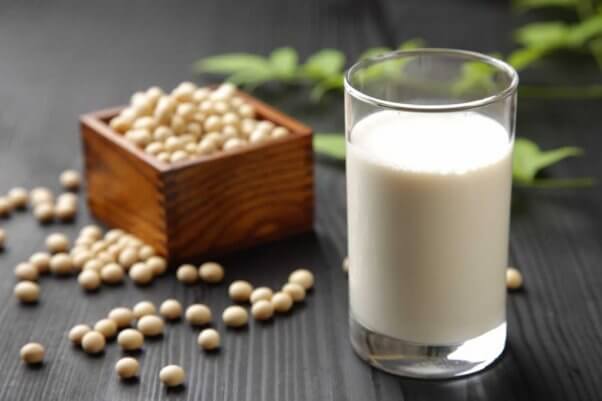
Say hello to vegan cheeses, milks, and yogurts. Previously, the program covered only certain soy milks, but under the update, coverage of plant-based dairy will be expanded. Now, benefits recipients will be able to buy cheese and yogurt that aren’t cruelly obtained.
The Ultimate Guide to Our Favorite Plant-Based Milks
Increased Fruit and Veggie Allotment
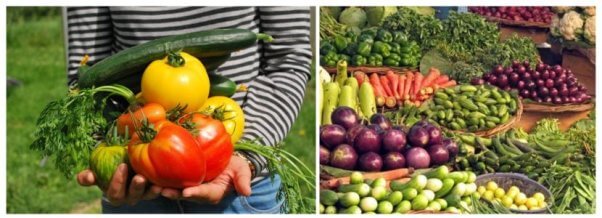
The allotment for fruits and vegetables will be boosted by up to four times its previous limit. This is huge. This will allow program recipients to further reap the nutritional benefits of whole fruits and veggies.
Leafy green vegetables are rich in nutrients such as calcium, iron, and vitamin C. Fruits contain essential vitamins, slow-release carbohydrates, and other healthy compounds.
10 Veggies Healthier Than Kale
Canned Beans
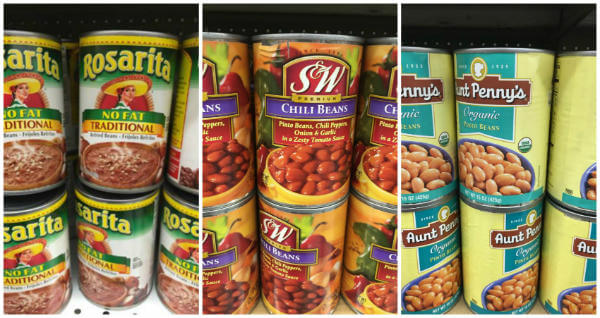
WIC will now cover canned beans. Previously, the program only covered dry beans, which require more prep time and labor to cook. This change will make beans—a staple food around the world—much more accessible to those most in need.
Beans really do have it all. They are high in protein and fiber and contain several healthy nutrients, including iron, magnesium, and potassium.
Expanded Coverage of Whole Grains
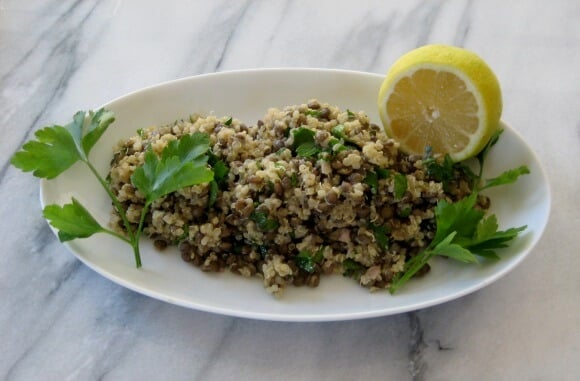
We’ve known for some time that whole grains have more nutrients and fiber than their processed counterparts and are therefore healthier. The program will now cover quinoa (a powerhouse “superfood” grain), blue cornmeal, and other whole grains.
All Mothers and Babies Will Benefit From the WIC Changes
The changes to this vital program will help humans and their children get the nutrition they need without exposing them to the health hazards of animal-derived ingredients. The new options will also allow the program’s participants to protect animal mothers and their babies from the cruel conditions on farms.
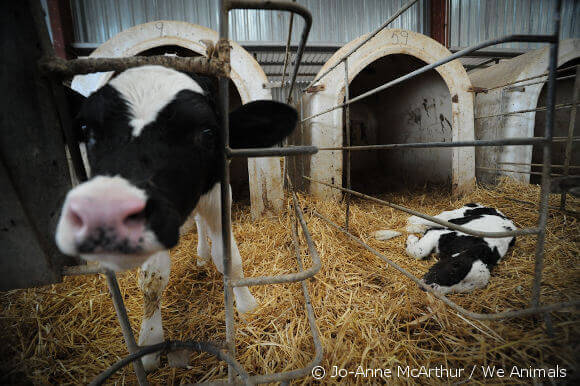
Farms treat mothers and babies like objects. Workers forcibly impregnate animals, separate them from their babies, and kill them once their bodies wear out from repeated pregnancies. Workers take the vulnerable babies, mutilate them (usually without painkillers), and confine them for the rest of their lives.
Mother Cows
On dairy farms, mother cows have been known to try hiding their calves and frantically chase after and call for them when they’ve been taken. No mother deserves to experience the terror and heartbreak of seeing her baby torn away, never to return.
Mother Pigs
On pig farms, workers confine sows to crates so cramped that they can’t even turn around. A few weeks after piglets are born, workers take them from their distraught mothers and chop off their tails and snip off the ends of their teeth with pliers—without any painkillers.
Mother Chickens
Chickens exploited for their eggs, called “laying hens” by the industry, spend their lives crowded together inside wire cages with no room to spread their wings. This intensive confinement can cause them to peck at each other out of frustration, so workers often cut off part of their sensitive beaks. Once their exhausted bodies no longer produce enough eggs, workers load them onto trucks and send them to slaughter.
Read the stories of other animal mothers.
On farms, animal mothers and their babies are forced to endure a lifetime of abuse. Going vegan is the only way to end this cruelty.
It’s Easier Than Ever to Go Vegan!
Thankfully, it’s easier than ever to be vegan on a budget. Order PETA’s free vegan starter kit, which includes nutrition guides and easy, frugal recipes that support the nutrition needs of all families.

